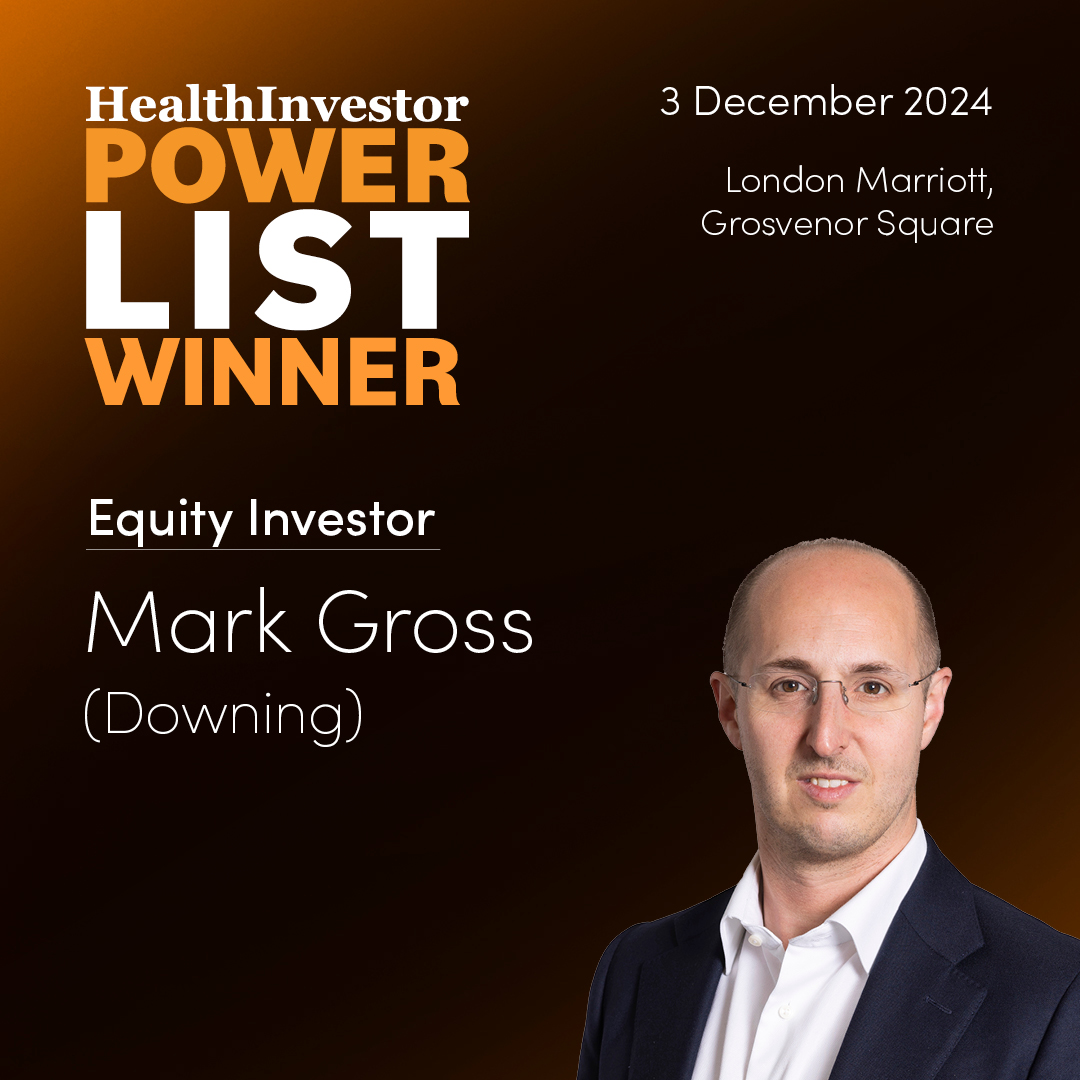Downing Private Credit Property Development Research

Building Yields and Homes
Downing LLP's second annual report on the UK residential property development market highlights the sector’s resilience and the continued opportunity for returns. Our survey of 100 institutional investors, consisting of insurance asset managers, family offices, and public and private pension schemes, collectively managing £405.6 billion of assets uncovered an enduring appetite for the asset class – even in the face of a continued shortage of supply of new homes and buyer affordability challenges.
Over the last 12 months, many developers paused acquisitions amid rising costs and buyer affordability issues. However, opportunities remain in residential investment for the right properties in suitable locations, as we highlight in chapter one. The political focus on housing is sharpening with diverging views between parties already evident ahead of a 2025 general election. Both parties will need coherent plans to win the confidence of voters though housebuilders’ challenges around costs and sales may ease with slowing inflation and in due course lower interest rates.
Chapter two shows institutional investors understand that while reduced construction constricts a market, it also supports values in the longer term.
Investors are consequently comfortable expanding allocations for yield, diversification and attractive risk profiles. They see the opportunity for private investment to help meet housing goals, with half agreeing institutional investment is essential to deliver the UK’s aspiration for new homes. Most expect a small funding increase by 2028.
The crucial importance of location is revealed in chapter three, but nationwide opportunities exist. Flats are also back in favour, but economic instability brings caution, making specialised partners vital.
Chapter four highlights property lenders' strengthened ESG focus in a bid to attract institutional investors. Most investors would accept lower yields for strong ESG projects, helping them meet their own ESG goals.
In conclusion, nuance around geography and partners is key, but political support and easing inflation provide optimism. Institutional investment continues to play a crucial and profitable role in the UK residential property market.
We hope you enjoy reading this report, please get in touch if you have any questions.
Building Yields and Homes
Downing LLP's second annual report on the UK residential property development market highlights the sector’s resilience and the continued opportunity for returns. Our survey of 100 institutional investors, consisting of insurance asset managers, family offices, and public and private pension schemes, collectively managing £405.6 billion of assets uncovered an enduring appetite for the asset class – even in the face of a continued shortage of supply of new homes and buyer affordability challenges.
Over the last 12 months, many developers paused acquisitions amid rising costs and buyer affordability issues. However, opportunities remain in residential investment for the right properties in suitable locations, as we highlight in chapter one. The political focus on housing is sharpening with diverging views between parties already evident ahead of a 2025 general election. Both parties will need coherent plans to win the confidence of voters though housebuilders’ challenges around costs and sales may ease with slowing inflation and in due course lower interest rates.
Chapter two shows institutional investors understand that while reduced construction constricts a market, it also supports values in the longer term.
Investors are consequently comfortable expanding allocations for yield, diversification and attractive risk profiles. They see the opportunity for private investment to help meet housing goals, with half agreeing institutional investment is essential to deliver the UK’s aspiration for new homes. Most expect a small funding increase by 2028.
The crucial importance of location is revealed in chapter three, but nationwide opportunities exist. Flats are also back in favour, but economic instability brings caution, making specialised partners vital.
Chapter four highlights property lenders' strengthened ESG focus in a bid to attract institutional investors. Most investors would accept lower yields for strong ESG projects, helping them meet their own ESG goals.
In conclusion, nuance around geography and partners is key, but political support and easing inflation provide optimism. Institutional investment continues to play a crucial and profitable role in the UK residential property market.
We hope you enjoy reading this report, please get in touch if you have any questions.
Building Yields and Homes
Downing LLP's second annual report on the UK residential property development market highlights the sector’s resilience and the continued opportunity for returns. Our survey of 100 institutional investors, consisting of insurance asset managers, family offices, and public and private pension schemes, collectively managing £405.6 billion of assets uncovered an enduring appetite for the asset class – even in the face of a continued shortage of supply of new homes and buyer affordability challenges.
Over the last 12 months, many developers paused acquisitions amid rising costs and buyer affordability issues. However, opportunities remain in residential investment for the right properties in suitable locations, as we highlight in chapter one. The political focus on housing is sharpening with diverging views between parties already evident ahead of a 2025 general election. Both parties will need coherent plans to win the confidence of voters though housebuilders’ challenges around costs and sales may ease with slowing inflation and in due course lower interest rates.
Chapter two shows institutional investors understand that while reduced construction constricts a market, it also supports values in the longer term.
Investors are consequently comfortable expanding allocations for yield, diversification and attractive risk profiles. They see the opportunity for private investment to help meet housing goals, with half agreeing institutional investment is essential to deliver the UK’s aspiration for new homes. Most expect a small funding increase by 2028.
The crucial importance of location is revealed in chapter three, but nationwide opportunities exist. Flats are also back in favour, but economic instability brings caution, making specialised partners vital.
Chapter four highlights property lenders' strengthened ESG focus in a bid to attract institutional investors. Most investors would accept lower yields for strong ESG projects, helping them meet their own ESG goals.
In conclusion, nuance around geography and partners is key, but political support and easing inflation provide optimism. Institutional investment continues to play a crucial and profitable role in the UK residential property market.
We hope you enjoy reading this report, please get in touch if you have any questions.
Building Yields and Homes
Downing LLP's second annual report on the UK residential property development market highlights the sector’s resilience and the continued opportunity for returns. Our survey of 100 institutional investors, consisting of insurance asset managers, family offices, and public and private pension schemes, collectively managing £405.6 billion of assets uncovered an enduring appetite for the asset class – even in the face of a continued shortage of supply of new homes and buyer affordability challenges.
Over the last 12 months, many developers paused acquisitions amid rising costs and buyer affordability issues. However, opportunities remain in residential investment for the right properties in suitable locations, as we highlight in chapter one. The political focus on housing is sharpening with diverging views between parties already evident ahead of a 2025 general election. Both parties will need coherent plans to win the confidence of voters though housebuilders’ challenges around costs and sales may ease with slowing inflation and in due course lower interest rates.
Chapter two shows institutional investors understand that while reduced construction constricts a market, it also supports values in the longer term.
Investors are consequently comfortable expanding allocations for yield, diversification and attractive risk profiles. They see the opportunity for private investment to help meet housing goals, with half agreeing institutional investment is essential to deliver the UK’s aspiration for new homes. Most expect a small funding increase by 2028.
The crucial importance of location is revealed in chapter three, but nationwide opportunities exist. Flats are also back in favour, but economic instability brings caution, making specialised partners vital.
Chapter four highlights property lenders' strengthened ESG focus in a bid to attract institutional investors. Most investors would accept lower yields for strong ESG projects, helping them meet their own ESG goals.
In conclusion, nuance around geography and partners is key, but political support and easing inflation provide optimism. Institutional investment continues to play a crucial and profitable role in the UK residential property market.
We hope you enjoy reading this report, please get in touch if you have any questions.

Please fill out the form to download the full report
Related Insights
View all2024 has laid the foundations for the UK housing market in 2025

2024 has laid the foundations for the UK housing market in 2025

Macroeconomic concerns drive institutional investors to specialist property development finance firms, Downing research shows

Macroeconomic concerns drive institutional investors to specialist property development finance firms, Downing research shows

Downing LLP does not provide advice or make personal recommendations and investors are strongly urged to seek independent advice before investing. Investments offered on this website carry a higher risk than many other types of investment and prospective investors should be aware that capital is at risk and the value of their investment may go down as well as up. Any investment should only be made on the basis of the relevant product literature and your attention is drawn to the risk, fees and taxation factors contained therein. Tax treatment depends on individual circumstances of each investor and may be subject to change in the future. Past performance is not a reliable indicator of future performance. Downing LLP is authorised and regulated by the Financial Conduct Authority (Firm Reference Number 545025). Registered in England No. OC341575. Registered Office: Downing, 10 Lower Thames Street, London, EC3R 6AF.








